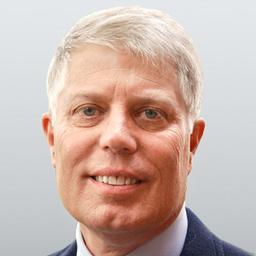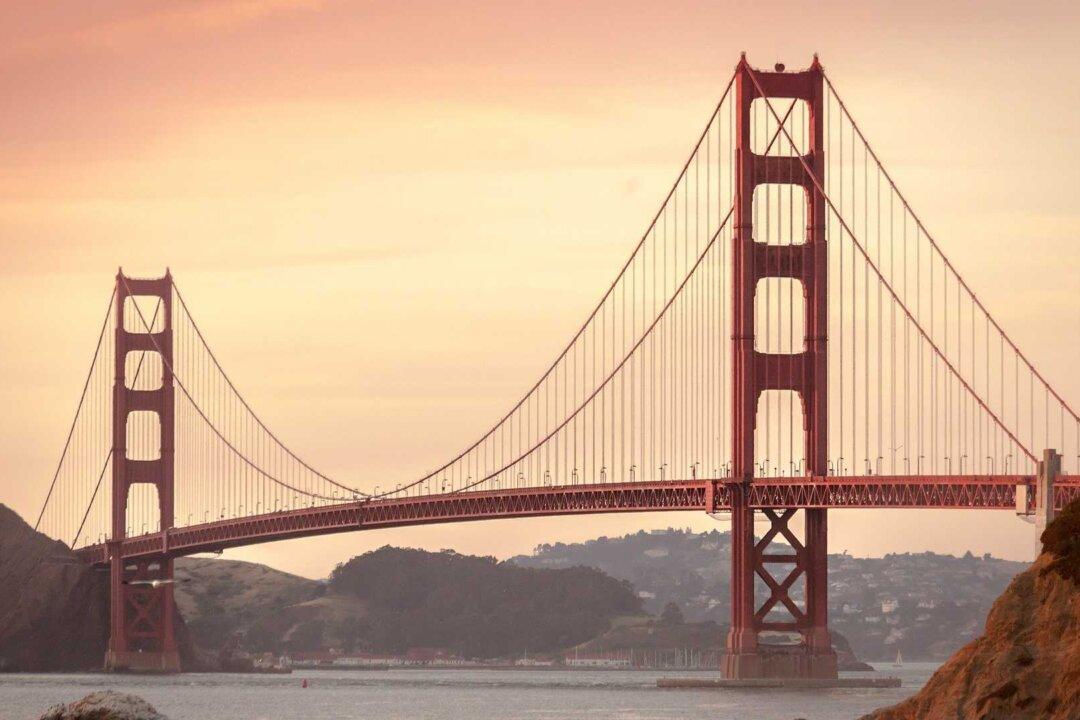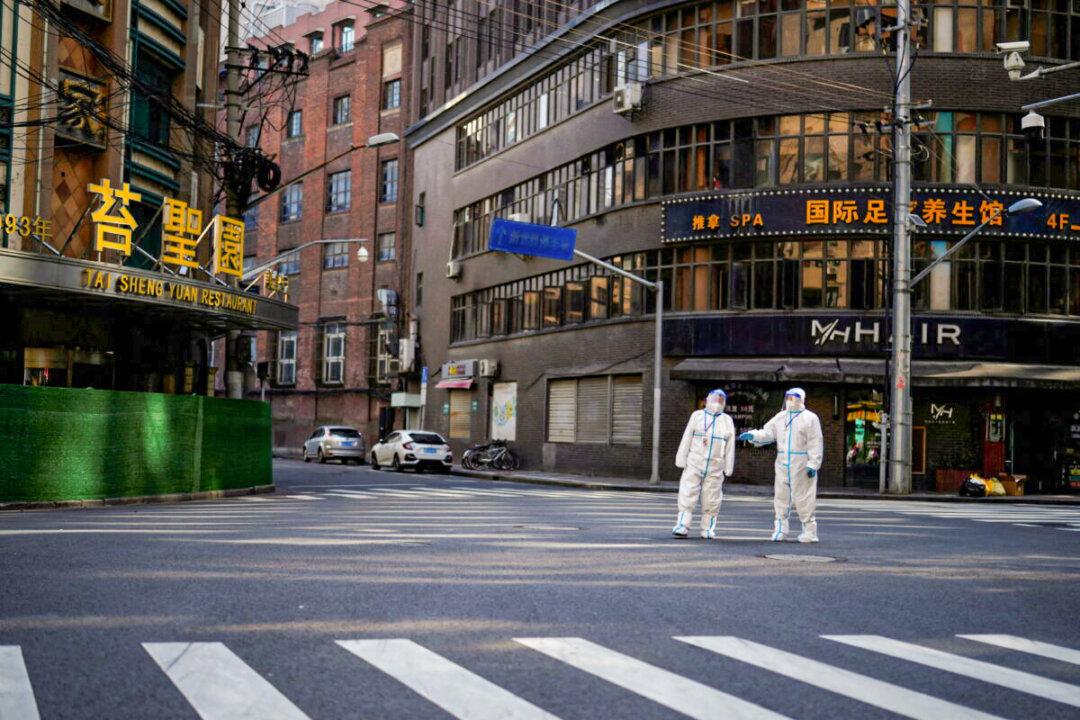Jeremy Rifkin long has perfected the art of adding two and two and getting five. In the 1980s, he claimed that entropy made it impossible for a free economy to exist, and therefore Rifkin concluded the state needed to plan and run things. How the state would triumph over the second law of thermodynamics is anyone’s guess. He later declared that a new “hydrogen economy” was just around the corner — government just needed to engage in central planning and order hydrogen to be our new fuel of choice.
However, in an op-ed article in The New York Times, Rifkin does the impossible: he outdoes himself. Rifkin wants us to believe that the law of scarcity essentially has been repealed, and that the conditions this situation creates are unsettling. He writes: “We are beginning to witness a paradox at the heart of capitalism, one that has propelled it to greatness but is now threatening its future: The inherent dynamism of competitive markets is bringing costs so far down that many goods and services are becoming nearly free, abundant, and no longer subject to market forces. While economists have always welcomed a reduction in marginal cost, they never anticipated the possibility of a technological revolution that might bring those costs to near zero.”





